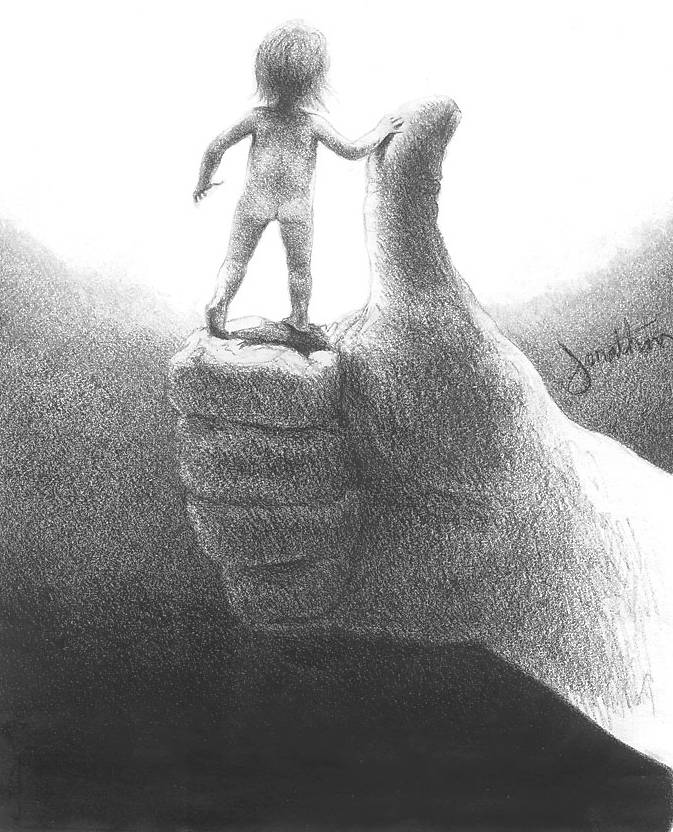
How long does puberty in boys last? A friend of mine who shall remain anonymous, but I’ll refer to as Max, was talking with me about the question of when we “grow up.” He related his own story which I’ll paraphrase, in which he talked about the moment when he “became a man” to quote him. It was…in his thirties!
The story Max told was that prior to this incident, which he defined as his turning point towards maturing into a man, he had always struggled with standing up for himself. Why he felt this was the essential ingredient in defining himself as a man is his personal decision, but it’s interesting nonetheless.
In our discussion on this subject, we reflected that many cultures, religions, and ethnic groups have historically had rituals that marked a boy becoming a man. Not many such passages or rituals were available for the girls, though I will assert that in contemporary Western Society there are certainly some parallels.
Older indigenous cultures, such as many American Indian tribes, had manhood rituals that involved survival “outside,” alone, for some period of time. Judaism has for centuries had the Bar Mitzvah as its boy-to-man ritual and added the Bat Mitzvah for girls in the last century. Secular America sometimes defines adulthood, for both sexes, as either becoming 18 years of age or more often, becoming 21 years old, which is the legal drinking age.
I’m not sure that 21 and drinking should define anything resembling adulthood, when 18 is the age a boy or girl can enlist in the military. I personally think that joining and surviving military training qualifies as much more of an “adult passage” than binge drinking does in college.
My friend’s self-proclaimed rite-of-passage occurred on a camping trip with a few other male friends. At one point, one of these friends demanded some action of him that he felt was an inappropriate request. Max left the area to think about it. Returning a short while later, he said he told this “friend” that he was out-of-line and refused to do whatever it was that was asked of him (note: it related to preparing the campsite or some other relatively innocuous activity). For Max, then in his early 30’s, it became his defining moment.
What was yours? Did you have such a moment or participate in such a ritual? Do you think the age at which boys and girls mature to men and women is the same as it’s historically been? Or do you think they’re maturing sooner…or later? For that matter, do you believe each sex matures at different ages or after certain experiences?
There’s no doubt that kids are exposed to much more in the form of media, information, movies, and such than in previous generations, but that doesn’t seem to be affecting their maturity–just their innocence. In other, maybe more important ways, it’s my belief that many kids today are sheltered from exactly those experiences that hasten their journey towards adulthood.
The generation of my parents most definitely struggled more than I did while my boys are most definitely struggling much less than I did. “Struggle” may be the wrong choice of words. Entitlement, spoiled, pampered, protected, coddled, are just a few of the better choices for what I believe the current generation of young boys and girls are getting from many parents.
The sixties generation of parents has certainly raised children in a different fashion than previous generations. There’s no doubt the world these children are growing up in is much more complicated and, at present, more difficult in the areas we of the sixties generation didn’t face nearly as much.
For instance, my sons would not be able to attend the colleges I attended with the grades and test scores I had. My grades and scores, in fact, wouldn’t get me into even substantially less-rated colleges or universities. Further, the ease with which I was able to find part-time jobs as a young teenager was much easier than it is today when even the standard paper-route is no longer available to a boy and his bicycle.
Given all these changes, why then is this generation of young men and women seemingly maturing later? They face harsh competition for college admissions and even more competition for all jobs. Shouldn’t that make them tougher and maybe even more persistent and determined? Evidently not, given the large number of young adult men and women who are returning to the safety of home after graduating college and either not finding a job or not making enough money to afford a lifestyle equivalent to what we were able to do at their age.
I suppose I’ve answered my original question by these reflections, since my generation was able to get much needed life experience from the many jobs more easily available to us in our teens. Most of us were able to make a good enough living to not have to return home at all, except to visit, after high school or college graduation.
I guess I’d have to say the “life” was the manhood lesson for me. And, while society and various cultures may have or have not rituals to mark the passage to adulthood, it really is only “life” that will take you there.
 ~~~~~~~~~~~~~~~~~~~~~~~~~~~~~~~~~~~~~~~~~~~~~~~~~~~~~~~~~~~~~~~~~~~~~~~~~~~~~
~~~~~~~~~~~~~~~~~~~~~~~~~~~~~~~~~~~~~~~~~~~~~~~~~~~~~~~~~~~~~~~~~~~~~~~~~~~~~
Get Bruce’s new book and Limited Edition (of 500) Poster, A Dad’s Point-of-View: We ARE Half the Equation at Amazon, iTunes, BN.com, or The Store.

